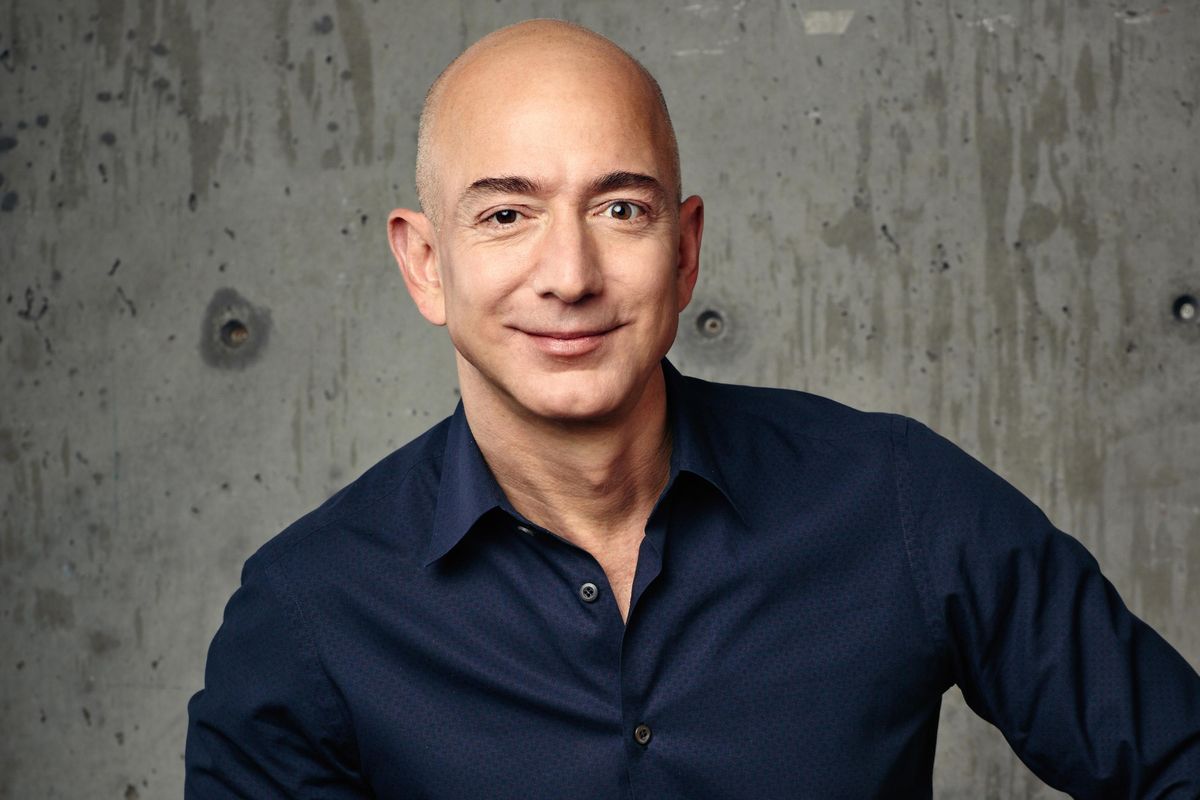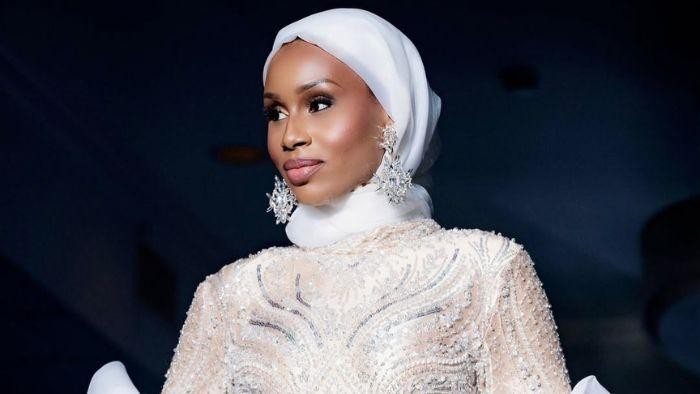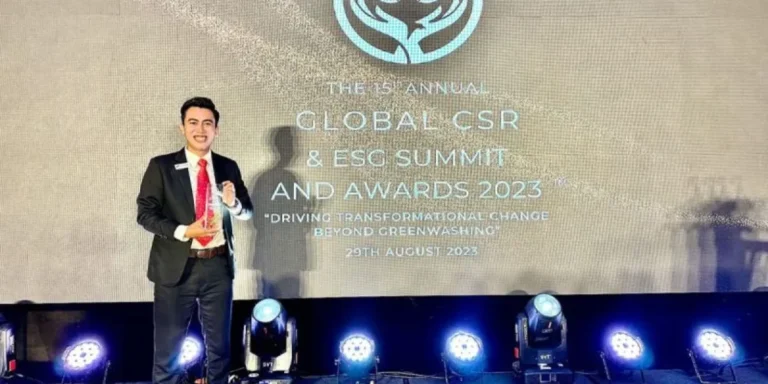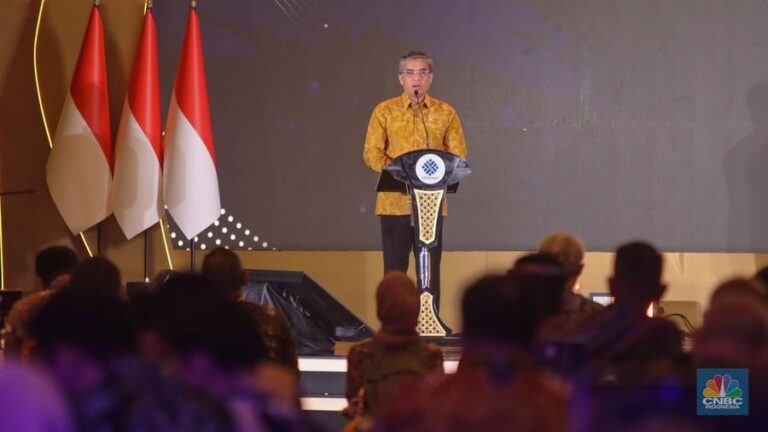New York — At The New York Times’ DealBook Summit, Jeff Bezos, the billionaire founder of Amazon and owner of The Washington Post, struck an unexpectedly optimistic tone regarding a potential second term for Donald Trump. In a candid conversation with journalist Andrew Ross Sorkin, Bezos emphasized his desire to reshape the former president’s contentious relationship with the press while offering a measured willingness to collaborate on shared goals, including regulatory reforms.
Bezos addressed Trump’s characterization of the media as an “enemy,” a stance that defined much of his first administration. “I don’t think the press is the enemy,” Bezos stated firmly. “The press is not the enemy. Let’s go persuade him of this.” His remarks reflected a belief in dialogue as a means of bridging divides, even with figures as polarizing as Trump. Despite their public clashes, Bezos expressed hope that both he and Trump have evolved over the past eight years. “You’ve probably grown in the last eight years. He has, too,” he said, hinting at the possibility of a more constructive dynamic moving forward.
The relationship between Bezos and Trump has historically been fraught. Trump frequently targeted Bezos personally, deriding The Washington Post as “Fake News” and accusing Amazon of exploiting tax loopholes and undermining brick-and-mortar businesses. During his presidency, Trump’s administration intervened in Amazon’s bid for a lucrative Pentagon cloud computing contract, a move widely interpreted as retaliation for the newspaper’s critical reporting. Despite this turbulent history, Bezos’s remarks at the summit suggested a pragmatic approach, prioritizing collaboration where possible.
“I am very optimistic this time around,” Bezos said, describing Trump’s renewed focus on deregulation as an area of potential cooperation. “He seems to have a lot of energy around reducing regulation, and if I can help him do that, I am going to help him.” While his comments acknowledged the ideological differences that remain, they also signaled a willingness to engage with the former president on mutually beneficial issues.
Bezos’s stance on media neutrality also took center stage during the conversation, particularly in light of his decision to block The Washington Post’s endorsement of Vice President Kamala Harris ahead of the 2024 election. The move, which sparked significant backlash from readers and staff, was defended by Bezos as a necessary step to preserve the newspaper’s credibility. “We knew this was going to be perceived in a very big way. These things punch above their weight,” he said, acknowledging the controversy but reaffirming his belief in the importance of independence.
The decision led to the resignation of several editorial board members and a significant loss in subscriptions, yet Bezos remained resolute in his defense. He cited a broader crisis of trust in traditional media as the driving force behind the controversial move. “We’re struggling with the issue that all traditional media is struggling with—a very difficult and significant loss of trust,” he explained. Bezos dismissed accusations that concerns over potential retaliation against Amazon or Blue Origin influenced his decision, asserting that such considerations played no role in his thought process.
Reflecting on the broader challenges facing The Washington Post, Bezos hinted at a series of innovations aimed at revitalizing the publication. “I have a bunch of ideas, and I’m working on that right now,” he said. “I have a couple of small inventions there. So we’ll see.” His comments underscored his commitment to steering the paper through a turbulent period marked by declining readership and mounting competition from digital platforms.
The conversation also touched on the broader intersection of technology and politics. Bezos dismissed concerns about Elon Musk’s influence on Trump, stating he trusts Musk’s commitment to impartiality despite their competitive rivalry in space exploration and artificial intelligence. Meanwhile, other tech leaders, including Meta’s Mark Zuckerberg and Alphabet’s Sundar Pichai, have also begun engaging with Trump’s team, reflecting a broader effort within Silicon Valley to navigate shifting political landscapes.
As Bezos continues to juggle his roles in technology, media, and space exploration, his remarks at the summit revealed a strategic, forward-looking perspective. His willingness to engage with Trump on key issues and his commitment to addressing challenges within The Washington Post underscore a nuanced approach to leadership in an era of political and media polarization.









